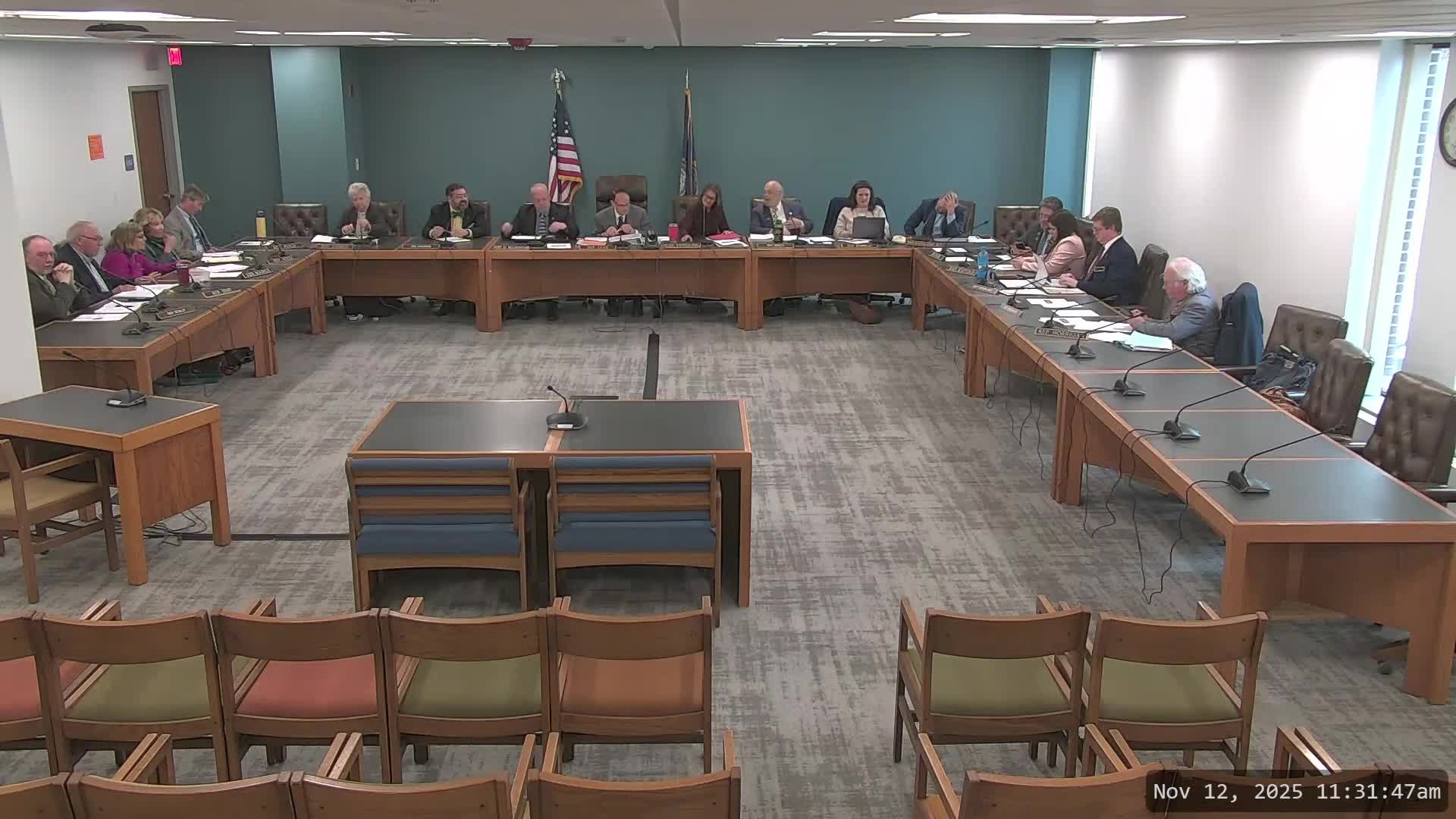Judiciary committee opts for interim study on HCR 11 over immediate rebuke to Claremont rulings
Get AI-powered insights, summaries, and transcripts
Subscribe
Summary
Facing separation-of-powers concerns and pending litigation, the Judiciary Committee voted to send HCR 11 (a resolution about the Claremont school-funding decisions) to interim study, with supporters and opponents arguing over constitutional interpretation and strategy.
The Judiciary Committee voted to place House Concurrent Resolution 11 in interim study after extended debate about separation of powers, the meaning of Article 83 and Article 37 of the New Hampshire Constitution, and pending related litigation.
Chairman Lynn introduced HCR 11, which expresses the legislature's view about the judicial branch's role in defining adequate education after Claremont-era decisions. He moved interim study; Representative McFarland and others spoke at length about the historical and constitutional questions raised by the resolution. McFarland argued the Claremont decisions "went beyond the traditional judicial role" and that the resolution's assertion that the judiciary had overreached warranted serious consideration, but also said the HCR might be "counterproductive" and prudence suggested interim study pending additional bills and litigation.
Representative Birch framed his support for interim study in separation-of-powers terms: "Irrespective of whether one agrees or disagrees with any particular decision of the Supreme Court ... those decisions are within the province of the judiciary to make, and they're binding on the other 2 branches." Others favored immediate adoption to reassert legislative authority.
The committee conducted a roll-call vote on the motion for interim study; the transcript records the roll-call results with a clear majority and one dissent and indicates the committee selected members to write majority and minority reports.
What happens next: HCR 11 will be carried into interim study for further consideration in committee, allowing members to review pending litigation and proposed bills dealing with education funding before deciding whether to recommend adoption.
